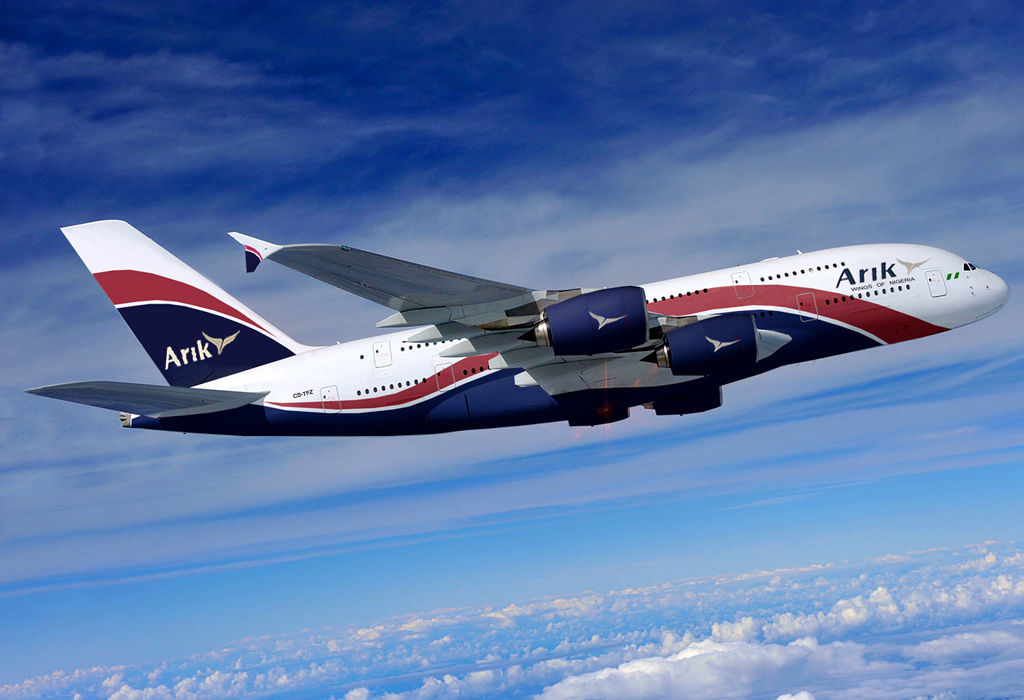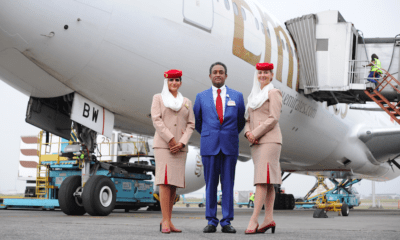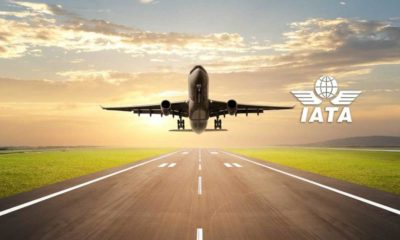- Nigeria Loses $3bn in Capital Flight to Foreign Airlines Dominance – AON
The Airline Operators of Nigeria has called on the Federal Government to support domestic carriers, saying that foreign airlines had dominated the country’s airspace resulting in about $3bn capital flight, annually.
The Chairman, AON, Capt. Nogie Meggison, made the call on behalf of the group on Tuesday while soliciting the government’s support for Air Peace on international routes.
Meggison stated that Air Peace would be Nigeria’s private airlines’ fourth attempt into the international market.
He alleged that many of the airlines that went before the airline collapsed due mainly to aero-politics which, according to him, is 85 per cent the role of government.
Meggison said, “As we know, foreign carriers dominate 100 per cent of the Nigerian sky with capital flight of about $3bn. AON would therefore like to call on the Federal Government to put its full weight behind Air Peace and give the carrier all the support it requires to succeed on the route in the face of stiff competition and aero politics, which the carrier will face in the near future.”
He noted that Air Peace had taken a bold step and should be encouraged by Nigerians, saying that the airline’s maiden flight to Dubai meant more jobs for Nigerian youths and over 600 unemployed Nigerian pilots.
The AON boss said, “It means hope for our various Aviation Training Academies at Nigerian College of Aviation Technology, Zaria; International Aviation College, Ilorin and the International Helicopter Flying School, Enugu.
“It also means more travel choices for Nigerian travellers at affordable rates. It means more contribution to the Nigerian economy and Gross Domestic Product. It means increased growth for the Nigerian aviation sector.
“It means the transfer of technology and technical expertise; and it also means a reduction in capital flight from the country by foreign airlines. Government therefore needs to rally round Air Peace as a proud Nigerian operator and give the airline all the support to succeed.”
Meggison said that the issue of aero politics had been the bane of operators like Bellview that was frustrated out of the Indian market, Arik Air that was given a distant parking bay in Dubai at the far end of the terminal and Medview, which was frustrated out of the London route by sheer regulatory technicalities.
He called on the Federal Government not to leave Air Peace alone but to stand tall with Nigerian airlines and bring the full weight of its political machinery and influence behind the airline and effectively protect it from all forms of aero politics and regulatory biases that might arise during the course of the airline’s operations into various international destinations.

 Forex3 weeks ago
Forex3 weeks ago


 Naira2 weeks ago
Naira2 weeks ago
 Billionaire Watch2 weeks ago
Billionaire Watch2 weeks ago






 Naira3 weeks ago
Naira3 weeks ago






 Naira2 weeks ago
Naira2 weeks ago


 Naira1 week ago
Naira1 week ago




 Naira4 weeks ago
Naira4 weeks ago






 Naira1 week ago
Naira1 week ago



















